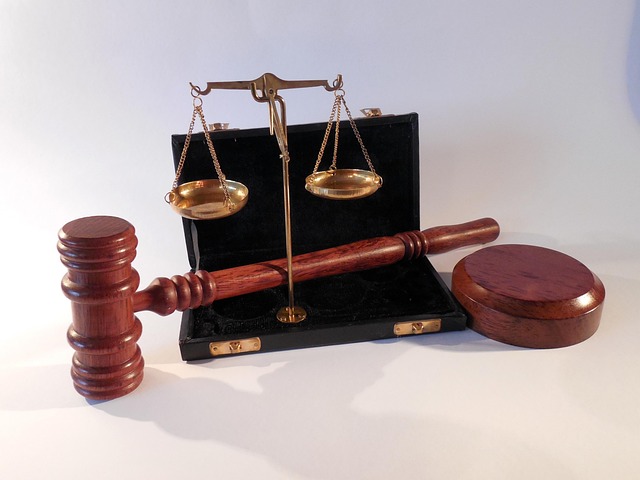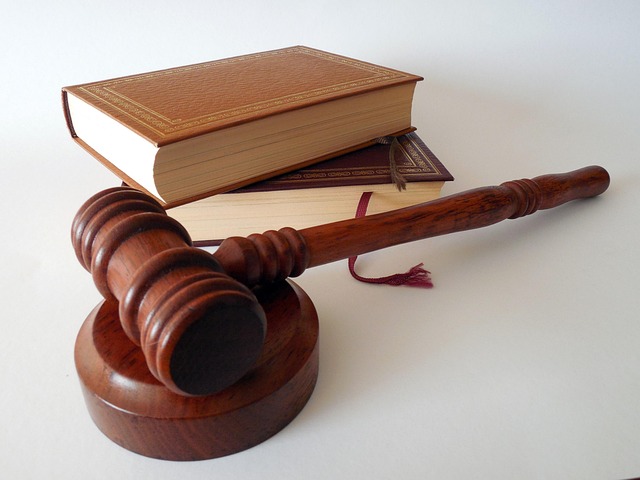Whistleblower protection laws are key to suing for false advertising, offering a framework for legal action against entities that retaliate or engage in fraudulent conduct. To build a strong case, gather comprehensive evidence, understand federal and state laws, incorporate expert testimony, and present a compelling narrative. Navigating legal procedures requires understanding jurisdiction laws, filing complaints with relevant courts, and detailing the false advertising's impact. Choosing experienced legal representation with open communication is crucial for success and avoiding indictment.
Whistleblower protection lawsuits play a crucial role in upholding integrity within organizations. These legal actions empower individuals to expose false advertising, fraud, or illegal activities without fear of retaliation. Understanding whistleblower laws is essential for building a strong case. This guide outlines key steps, from navigating legal procedures and meeting filing requirements to ensuring effective legal representation, providing a comprehensive roadmap for those considering suit for false advertising.
- Understanding Whistleblower Protection Laws
- Building a Strong Case for Suitability
- Navigating Legal Procedures and Filing Requirements
- Steps to Ensure Effective Legal Representation
Understanding Whistleblower Protection Laws

Whistleblower protection laws are designed to safeguard individuals who expose illegal or unethical activities within their organizations from retaliation. These laws recognize the vital role whistleblowers play in promoting transparency and accountability. Understanding these protections is crucial when considering steps to sue for false advertising, as they can provide a legal framework for holding entities accountable for misleading practices.
In many jurisdictions, both general criminal defense laws and specialized whistleblower protection statutes offer avenues for relief. These laws often empower individuals to pursue civil lawsuits against employers or others who engage in retaliation for reporting fraudulent or illegal conduct. For corporate and individual clients alike, the ability to access jury trials through these legal mechanisms can be a powerful tool when addressing false advertising claims.
Building a Strong Case for Suitability

Building a strong case for suitability is paramount when navigating whistleblower protection lawsuits, especially in high-stakes cases that resonate across the country. The first steps to sue for false advertising involve meticulous preparation and strategic planning. This includes gathering comprehensive evidence demonstrating the existence of false or misleading representations made by the defendant, with a particular focus on their impact on the plaintiff’s interests.
Legal experts emphasize the importance of understanding both federal and state whistleblower protection laws, as applicable. A robust case strategy should also incorporate expert testimony and industry-specific knowledge to reinforce allegations. This approach ensures that the lawsuit is well-founded, enhancing the chances of a favorable outcome. Moreover, presenting a compelling narrative that exposes the defendant’s deceptive practices can significantly strengthen the plaintiff’s position in these general criminal defense matters.
Navigating Legal Procedures and Filing Requirements

Navigating Legal Procedures and Filing Requirements can be a complex process for individuals considering steps to sue for false advertising. The first step involves thoroughly understanding the applicable laws, which vary by jurisdiction. Researching and consulting with legal experts in whistleblower protection is crucial to ensure compliance with specific filing requirements. Each case has its own set of nuances, but generally, it begins with gathering compelling evidence that supports the claim of false or misleading advertisements. This may include documents, recordings, or testimonies from individuals who can verify the integrity of your claims.
Once prepared, the plaintiff must file a complaint with the appropriate court, providing detailed accounts of the false advertising and its impact. Achieving extraordinary results often hinges on presenting a compelling narrative that resonates with both legal and philanthropic or political communities. It’s essential to highlight how these practices harm consumers and disrupt fair competition in the market. By following these steps diligently, individuals can navigate the legal system effectively, avoiding indictment while pursuing justice for false advertising.
Steps to Ensure Effective Legal Representation

When navigating whistleblower protection lawsuits, especially in high-stakes cases involving false advertising, it’s paramount to ensure effective legal representation. The first step is to choose a lawyer or law firm with experience in this specific area. Look for attorneys who have successfully handled similar cases, as they’ll understand the intricacies and unique challenges that come with these matters. This expertise can significantly enhance your chances of securing a favorable outcome, whether it’s reaching a settlement or achieving a complete dismissal of all charges.
Additionally, establishing clear communication is vital. Whistleblower protection lawsuits often involve complex legal strategies and potentially sensitive information. Your legal team should maintain open lines of communication, keeping you informed every step of the way. They should also encourage you to provide all relevant documents and evidence promptly. This collaborative approach ensures your case is robustly represented, reflecting well in court and fostering trust between you and your legal representatives.
Whistleblower protection lawsuits are crucial tools for individuals who expose corporate wrongdoings, ensuring accountability and upholding ethical practices. By understanding the legal framework, building a robust case, and following meticulous procedures, whistleblowers can effectively navigate the legal landscape. These steps, from comprehending relevant laws to securing competent representation, empower folks to take action against false advertising and other illegal activities, ultimately fostering a more transparent business environment. Remember that, in terms of suing for false advertising, a well-prepared case with skilled legal counsel is your best ally in achieving justice.






